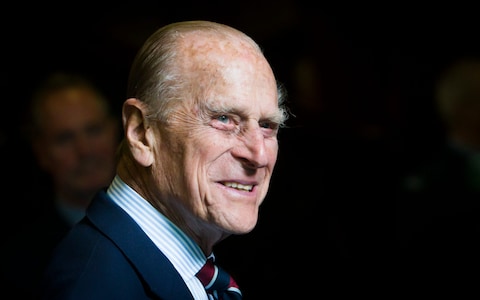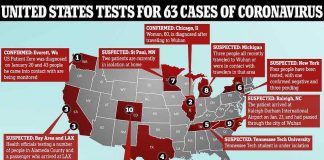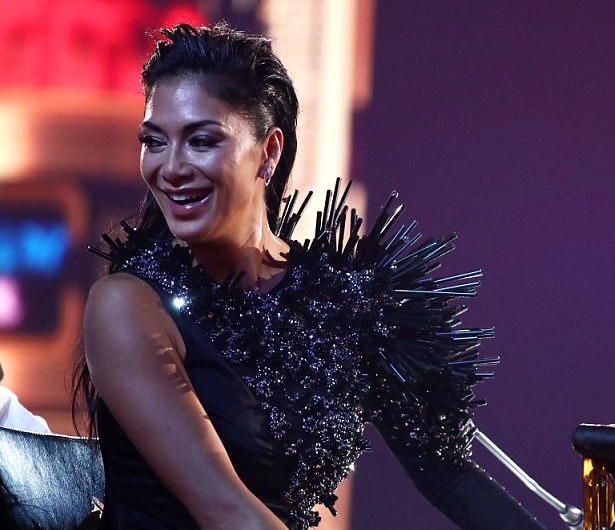The Queen’s husband Prince Philip, the Duke of Edinburgh, has died at the aged of 99, Buckingham Palace has announced.
“It is with deep sorrow that Her Majesty The Queen announces the death of her beloved husband, His Royal Highness The Prince Philip, Duke of Edinburgh,” the palace said in a statement on Friday.
“His Royal Highness passed away peacefully this morning at Windsor Castle … The Royal Family join with people around the world in mourning his loss.”
Boris Johnson led tributes to Prince Philip, saying “he helped to steer the royal family and the monarchy so that it remains an institution indisputably vital to the balance and happiness of our national life”.
The Duke of Edinburgh officially retired from public life in 2017, having spent more than seven decades supporting his wife as her consort in a role which defined his life.
His remarkable life spanned nearly a century of European history, starting with his birth as a member of the Greek royal family and ending as Britain’s longest serving royal consort.
A Greek prince, he married Elizabeth in 1947, playing a key role in modernising the monarchy in the post-war period after she became Queen in 1952, being the one key figure she could turn to and trust behind the walls of Buckingham Palace.
“He has, quite simply, been my strength and stay all these years,” the Queen said in a rare personal tribute to Philip made in a speech marking their 50th wedding anniversary in 1997.
His early years were marked by upheaval after his family went into exile following a military coup in Greece which overthrew his uncle, King Constantine I. His childhood lacked stability and he moved between relatives in France and Britain, eventually going to Gordonstoun School in Morayshire, Scotland.
The former naval officer admitted he found it hard to give up the military career he loved and take on the job as the monarch’s consort in 1952, for which there was no clear-cut constitutional role.
“There was no precedent. If I asked somebody ‘what do you expect me to do?’, they all looked blank – they had no idea, nobody had much idea,” he said in an interview to mark his 90th birthday.
Philip spent four weeks in hospital earlier this year for treatment for an infection to have a heart procedure, but returned to Windsor in early March.
Some royal watchers have argued that his absence from this role in recent years with declining health has played a role in some of the monarchy’s recent travails, such as the crisis of Charles’s younger son Prince Harry and his wife Meghan, and the decision which saw them give up their royal roles.
In private, he was often regarded as the head of his family, but protocol obliged the man dubbed “the second handshake” to spend his public life literally one step behind his wife.
He took a typically irreverent view of his own retirement in 2017, telling a guest who said he was sorry he was standing down: “Well, I can’t stand up much longer.”
Labour leader Sir Keir Starmer said the nation “has lost an extraordinary public servant” in Prince Philip. “He will be remembered most of all for his extraordinary commitment and devotion to the Queen,” said the opposition leader.
“Their marriage has been a symbol of strength, stability and hope, even as the world around them changed – most recently during the pandemic. It was a partnership that inspired millions in Britain and beyond.”
Scotland’s first minister Nicola Sturgeon said: “I am saddened by news that the Duke of Edinburgh has died. I send my personal and deepest condolences – and those of Scottish government and the people of Scotland – to Her Majesty The Queen and her family.”













